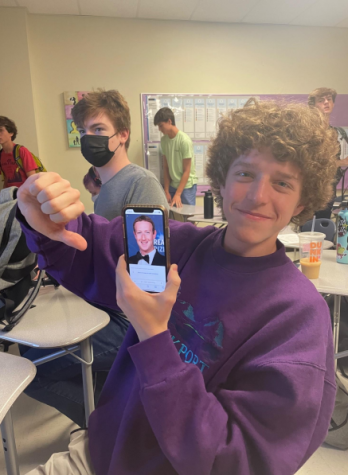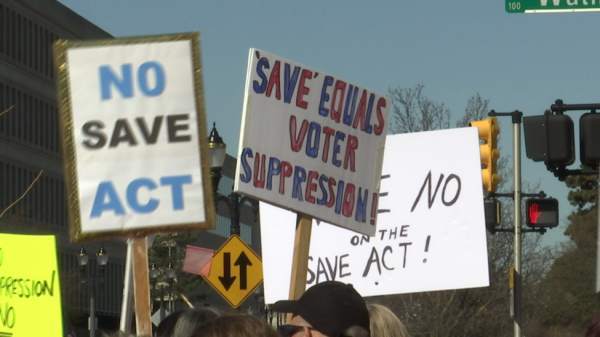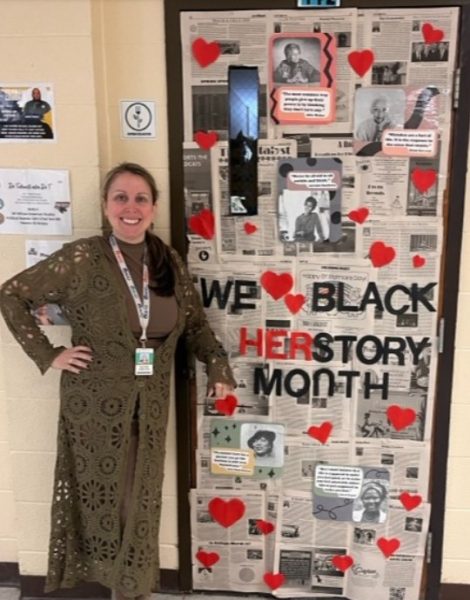Facebook Crash
Only days after Mark Zuckerberg publicly defended Facebook against accusations by “whistleblower” and former employee, Frances Hauger, that the company suppressed research suggesting that Instagram is harmful to teenagers, the most powerful league of social networks–Facebook, Instagram, Messenger, and WhatsApp–serving nearly 3 billion people, abruptly went offline at 11:42am Eastern time on Monday. The outage lasted nearly 6 hours. A company spokesperson explained later that the outage occurred along a major pathway in the company’s network responsible for ferrying massive amounts of user data.
While the technical issues were resolved, Facebook’s public relations problems have worsened. The event has shed more light on Facebook’s domination of social media and the means by which it exploits users, especially teens, for advertising revenue. Ms. Hauger has been telling the story that Facebook employed scientists and teams of engineers to create algorithms with the purpose of getting users to spend even more of their time on its apps. Few people understood her concern until now. Monday’s massive shutdown was, for many users, an eye-opening demonstration of their growing dependence on social media.
The outages of Instagram and WhatsApp were particularly troublesome for many students at Wheeler High school. For some students, like Lakin Schoenthaler (11), the extended disconnection evoked feelings of loneliness and detachment: “The crash affected me horribly. I could not go on Instagram and refresh my feed to see my friends’ lives. I have group chats on Instagram, so I could not message my friends either. It was tragic.”
Lakshmi Valliyappan (11) echoed similar feelings, saying, “I couldn’t contact my grandparents living in India and was confused on whether or not the problem was on my end, their end, or on Facebook’s end. It seriously affected my day-to-day conversations, and if I were to have an emergency, I would not be able to contact them in any way.”
“Social media has been the main form of communication for Gen-Z,” explained Talha Ali (12). “This does not just affect me, there are people in underdeveloped countries with no phone plans that use social media and, specifically WhatsApp, to communicate with loved ones. The crash shut down that communication which led to a widespread domino effect on these underdeveloped countries that have one thing as their main source of communication to the outside world.”
Because the world is so interconnected through social media platforms, Wheeler students share perspectives common to other users around the globe whose connections to family and friends are now largely online and intertwined with shared experiences hosted through Facebook-owned platforms. The need to stay connected, especially in a COVID-shaped world with limited options to interact outside of these platforms, gives Facebook enormous power over its users. Not only is an important means of communication for users at risk, but critics are beginning to question whether the contents of what is promoted on the platform puts users at risk as well.
During a recent attack against Facebook, Ms. Hauger highlighted a study ridiculing Facebook’s campaign to promote itself as tough on hate speech and racial injustice. The study added to increasing evidence that Facebook routinely sells access to its users to the highest bidders, including white supremacist groups and Russian companies distributing misinformation and division. She explained, “We estimate that [the company] may take action on as little as 3-5% of hate and about 6-tenths of 1% of V & I [violence and incitement posts] on Facebook despite being the best in the world at it.”
Wheeler student reactions to Facebook’s current woes are mixed, they lean strongly toward some sort of action to reign in Facebook’s dominance over social media. Some infrequent users like Eileigh Munro (10) suggested that getting rid of social media altogether might be an improvement: “Facebook being down didn’t affect me much. I don’t really use it or Instagram. I also think any big social media account is stupid and the Internet should simply be reserved for information, like a huge library.”
Mr. Schoenthaler defended the need for Facebook but not in its current form: “I hate Mark Zuckerberg for what he did. He better get his stuff together so I can use Instagram without the fear of another crash. If one app goes down, it’s like the whole system goes with it. That’s messed up. I say the company should be broken up because it’s not like Facebook has what’s best in mind for its users.”

Through the case Hauger and other activists have presented, they hope to knock down the giant that is Facebook, and Hauger’s strong claims and insider knowledge of the company leaves her in a prime position to do just that. So as the case comes to a close and our social media apps attempt to recover from their temporary outage, we all should take away one lesson: the bigger they are, the harder they fall.

Elzie is a junior, and this is her first year in journalism. She was originally a part of the yearbook, but decided she wanted to do more writing. Her...



